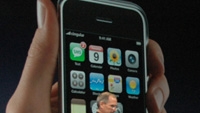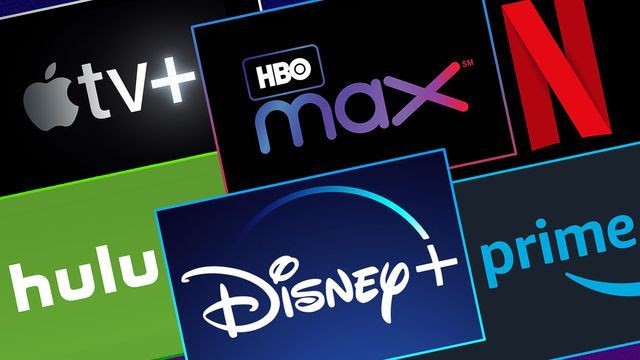Apple re-ignites debate on DRM

The issue of digital rights management (DRM) has been controversial since it was conceived decades ago. In a single open letter advocating its extinction, Apple CEO Steve Jobs has ignited a global debate.
Jobs, who said Apple would sell DRM-free music in its iTunes online store should the four major record labels abandon their anti-piracy requirements, noted that only 10 percent of all music sold last year was through an online store, and that music is already easily loaded onto digital players from CDs, with no anti-piracy features.
Attaching DRM to music bought online has only limited the number of online music stores, he wrote. Abandoning the restriction "is clearly the best alternative for consumers, and Apple would embrace it in a heartbeat."
Executives from both Yahoo and Monster Cable have recently joined others in supporting Jobs on the issue.
Dave Goldberg, head of Yahoo Music, told the "Silicon Valley Watcher" that he's "long advocated removing DRM on music" because there is already a lot of music available without DRM, and it makes things complicated for the user.
In experiments with and without DRM at Yahoo Music, Goldberg said there was a boost in sales of music without DRM restrictions. He said Yahoo would like to get music off the PC platform altogether, charging that Microsoft's DRM technology "doesn't work half the time."
MacWorld quoted Noel Lee, CEO of Monster Cable, as also fully supporting Jobs. He said Monster Cable "shares Mr. Jobs' vision of breaking constraints for legal music downloads."
The professional video industry's #1 source for news, trends and product and tech information. Sign up below.
The company's Monster Music service offers a format known as the SuperDisc, which not only contains HD surround tracks but DRM-free files as well. Monster was recently successful in negotiating DRM-free files with Universal and its band 3 Doors Down for a SuperDisc release.
On the other side, Edgar Bronfman Jr., chairman of Warner Music Group, criticized Jobs. "We advocate the continued use of [DRM] in the protection of our and our artists' intellectual property," Bronfman told analysts during the conference call. "The notion that music does not deserve the same protections as software, television, films, video games or other intellectual property simply because there is an unprotected legacy product available in the physical world [meaning CDs] is completely without logic or merit."
EMI Group, the British music giant, however, is reportedly considering a plan to offer many of its recordings for sale online without DRM. Company executives revealed that there have been discussions to sell unprotected files through an array of digital retailers, including Apple, Microsoft, Real Networks and Yahoo.
On the video front, the dam appears to be cracking. The "New York Times" reports that as of this week, Suretone Records, a label distributed by the Universal Music Group, plans to distribute video files featuring acts like Weezer and new bands like Drop Dead Gorgeous on file-sharing networks that the industry has long viewed as illegal.
Unlike the music audio and video files sold at services like iTunes, the video files will not be wrapped in protective software to limit copying, executives say. But they will also be incomplete — users who download them will see perhaps half the video and will be directed to the label's own Web site to watch the complete version, and the advertising planned to run alongside.
